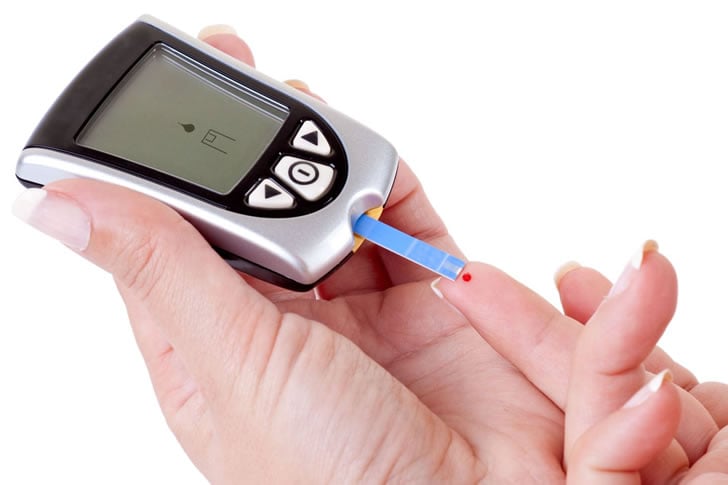Managing diabetes in seniors requires careful attention to their unique symptoms and needs. Here’s a guide to help seniors manage diabetes effectively.

Diabetes is a chronic condition characterized by high blood sugar levels. Seniors are particularly vulnerable to diabetes due to age-related changes in the body, including reduced insulin production and increased insulin resistance.
Recognizing the symptoms of diabetes is crucial for early diagnosis and management. Symptoms can differ from younger individuals, and seniors may experience:
Frequent Urination and ThirstSeniors might feel the need to urinate often and experience excessive thirst as their bodies attempt to flush out excess sugar.
Fatigue and WeaknessChronic fatigue and physical weakness can be more pronounced in seniors due to both diabetes and the natural aging process.
Blurred VisionHigh blood sugar levels can cause lens swelling, leading to temporary vision changes.
Weight LossUnintentional weight loss can occur even if the senior’s appetite is normal or increased.
Increased InfectionsSeniors with diabetes are more prone to infections, particularly urinary tract infections and skin infections, due to compromised immunity and poor circulation.
Seniors should have consistent medical check-ups to monitor their blood sugar levels and adjust medications as needed. Routine eye exams, foot care, and dental visits are also vital to managing diabetes-related complications.
A balanced diet helps maintain stable blood sugar levels. Seniors should:
Physical activity enhances insulin sensitivity and maintains cardiovascular health. Seniors should:
Proper medication adherence is critical. Seniors should:
Frequent monitoring helps in making informed decisions about diet, exercise, and medication. Seniors should:
Diabetes can lead to severe complications if not managed properly. Seniors should:
Education and support are significant for managing diabetes. Seniors and their caregivers should:
Chronic conditions can take a toll on mental health. Seniors should:
Managing diabetes in seniors involves a comprehensive approach that includes regular medical check-ups, a balanced diet, regular exercise, and proper medication adherence. Recognizing symptoms and staying informed can significantly improve the quality of life for seniors living with diabetes. Remember, early detection and consistent management are key to leading a healthier, more active life.
Explore the Tranquil Bliss of Idyllic Rural Retreats

Ultimate Countdown: The 20 Very Legendary Gaming Consoles Ever!

Understanding Halpin and its Influence

Affordable Full Mouth Dental Implants Near You

Discovering Springdale Estates

Illinois Dentatrust: Comprehensive Overview

Embark on Effortless Adventures: Unveiling the Top in Adventures Made Easy Outdoor Equipment

Unveiling Ossur Valves: Innovation in Prosthetics

Unlock the Full Potential of Your RAM 1500: Master the Art of Efficient Towing!
